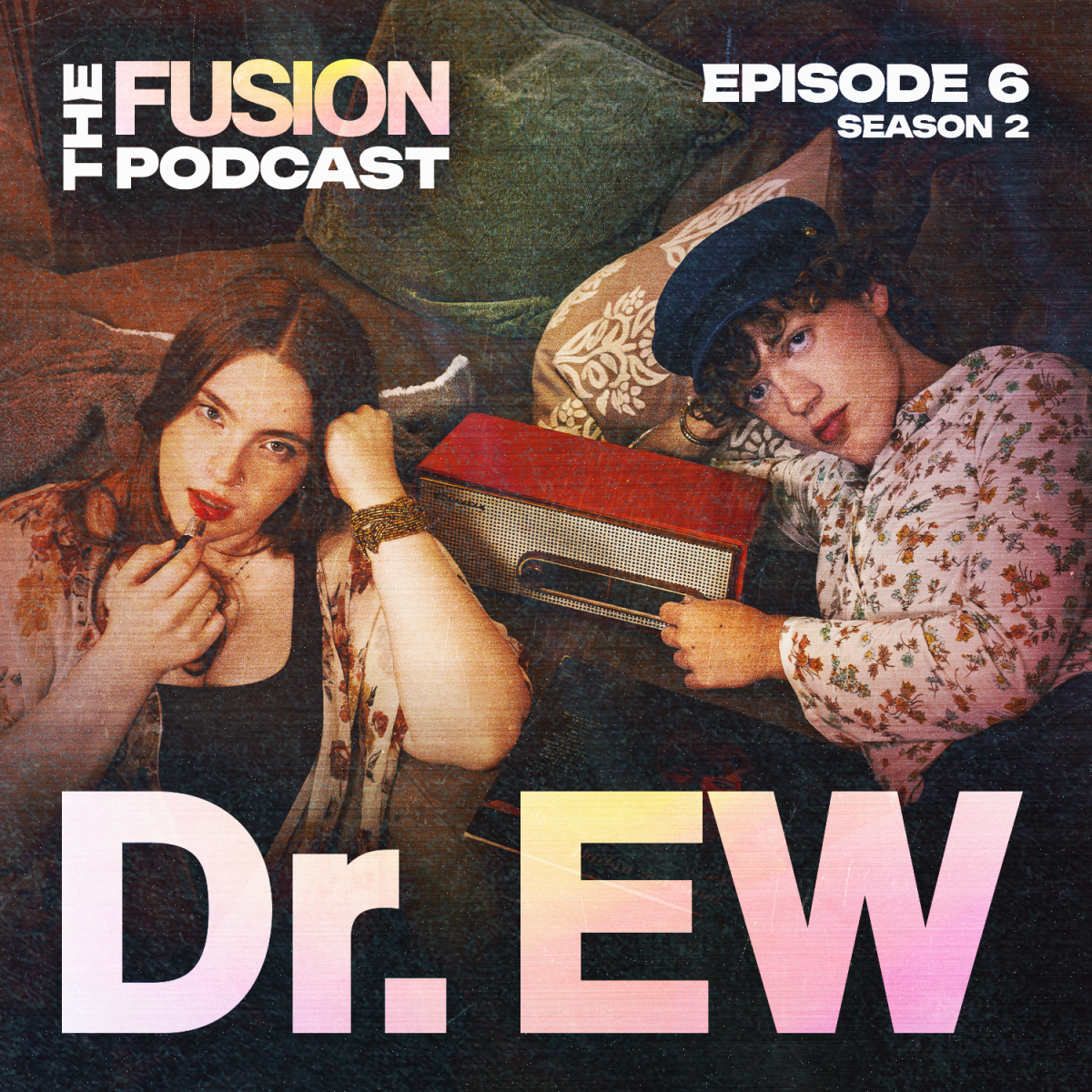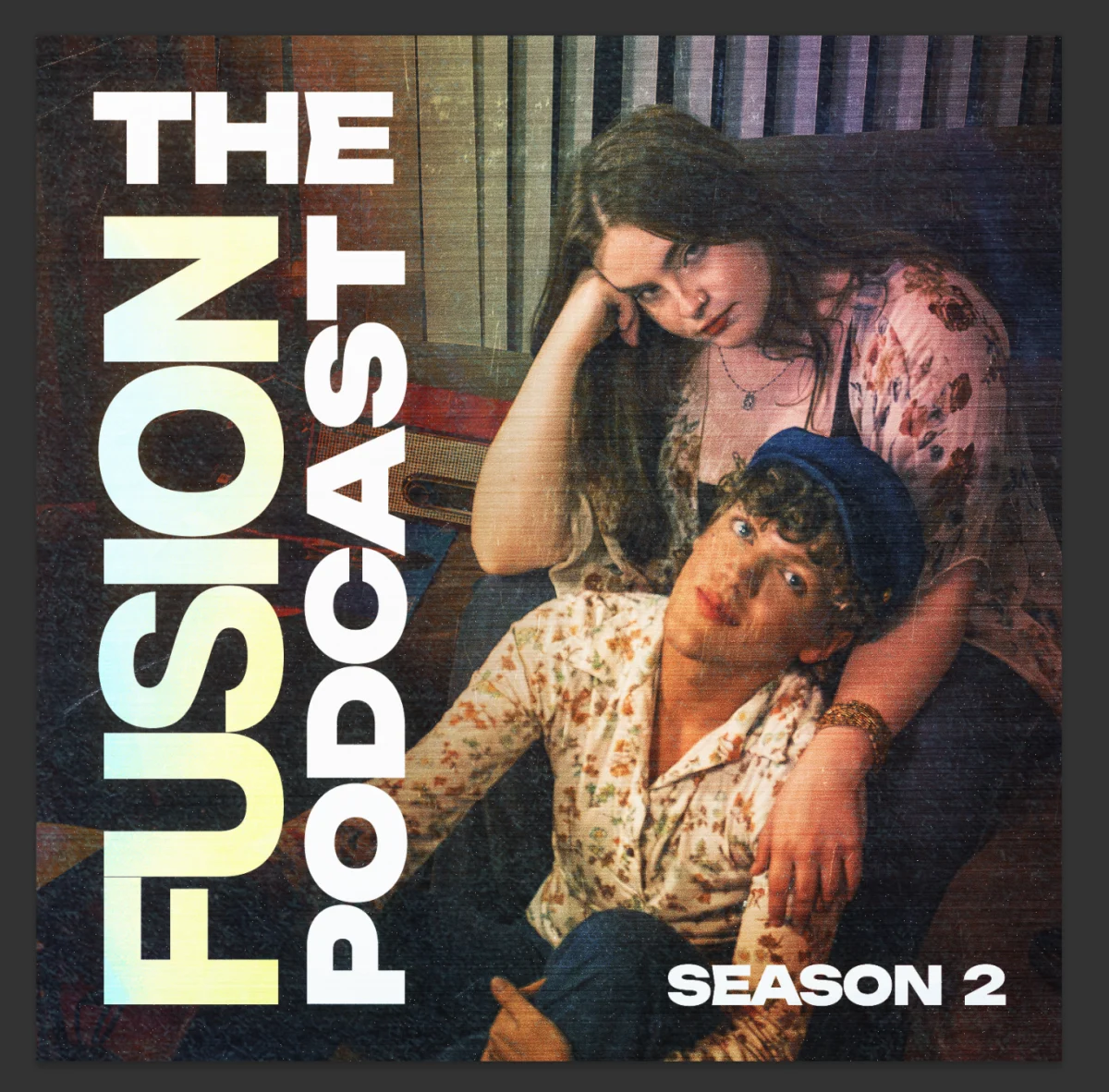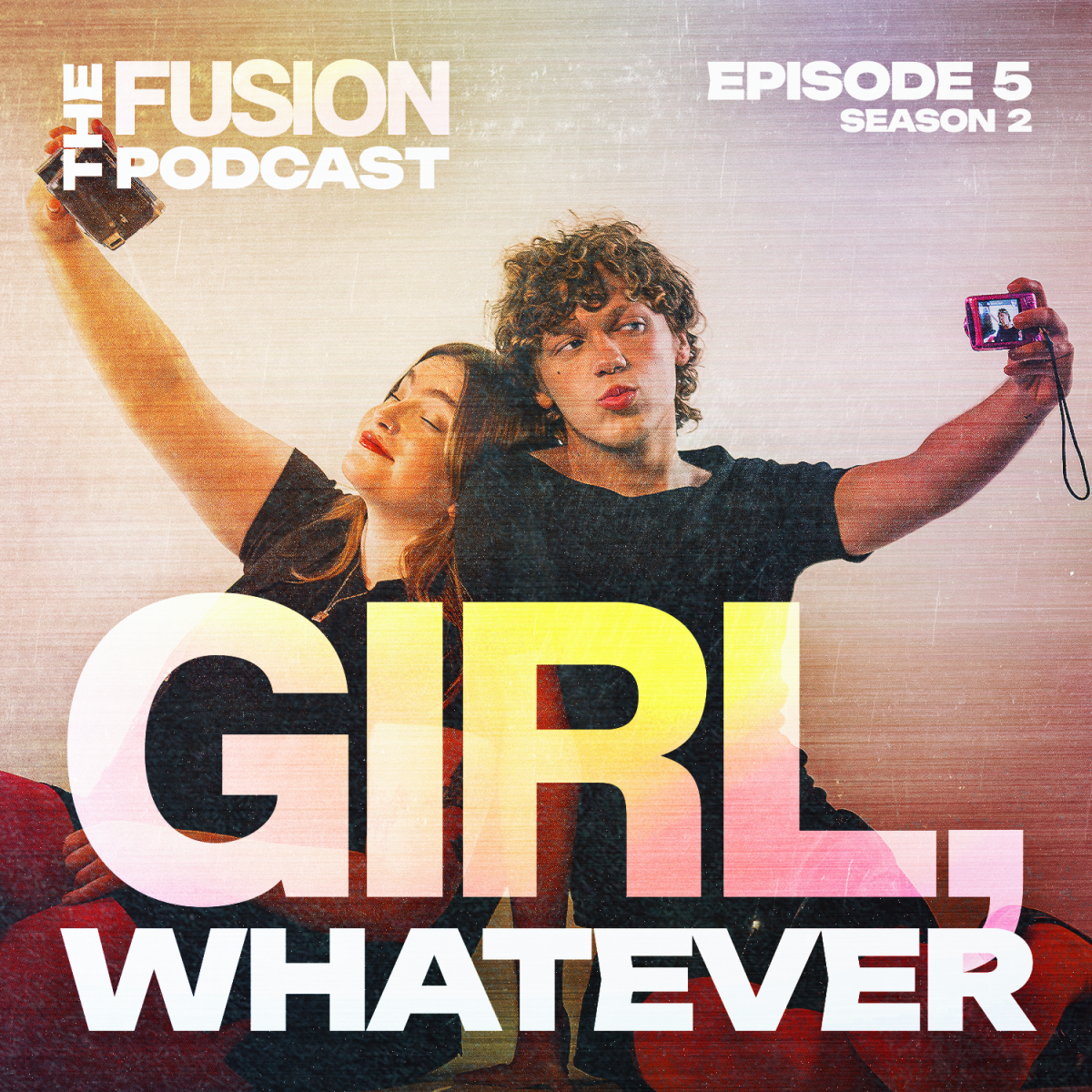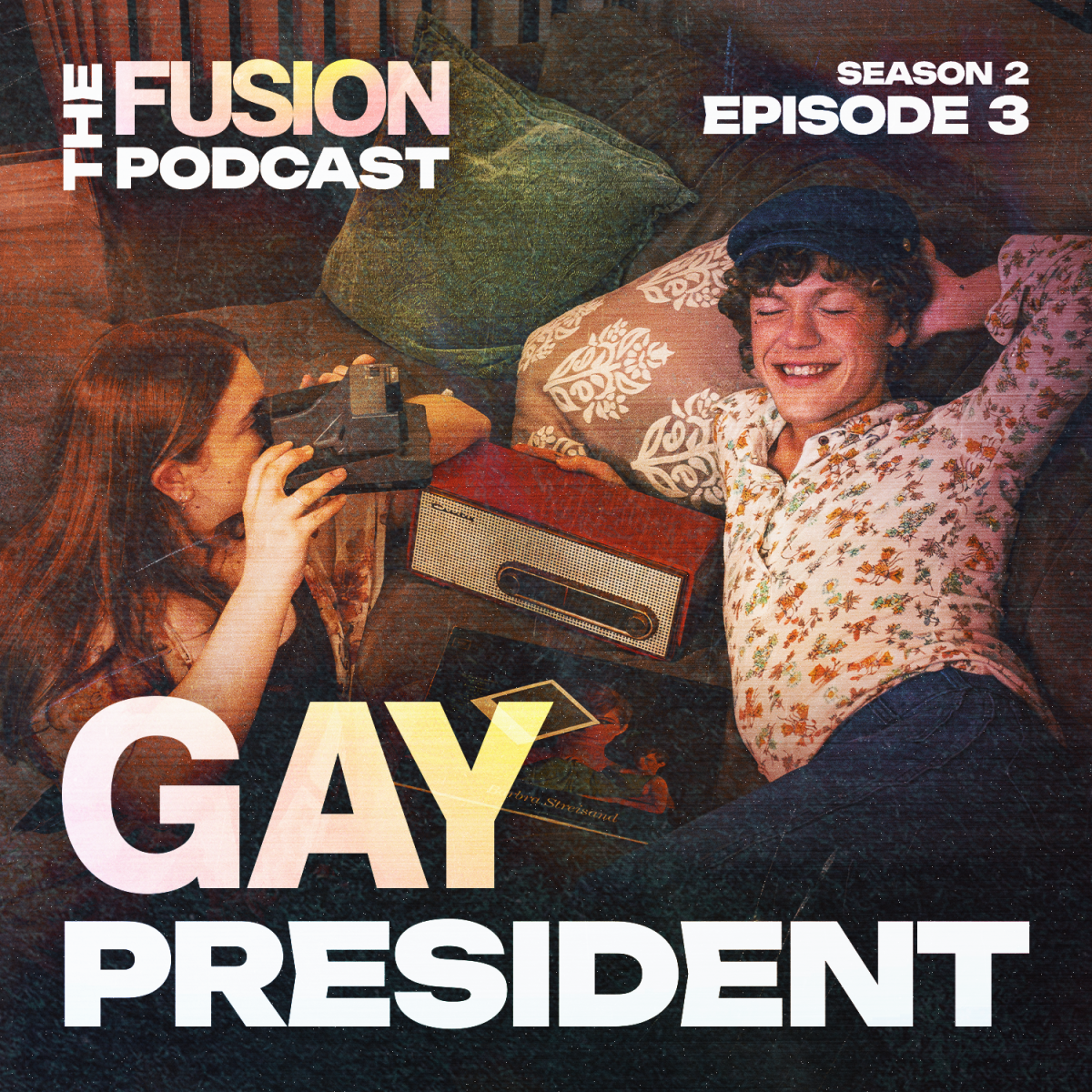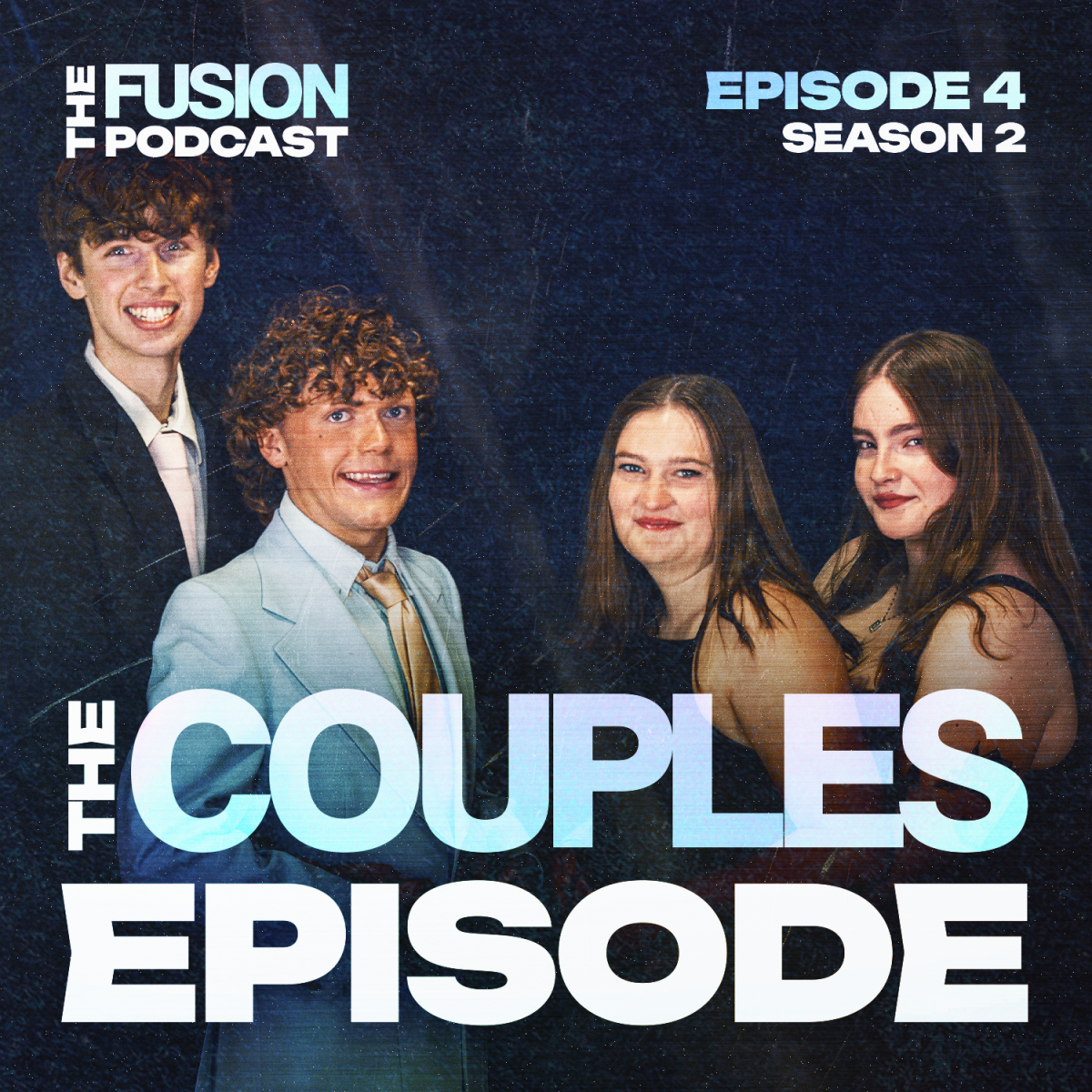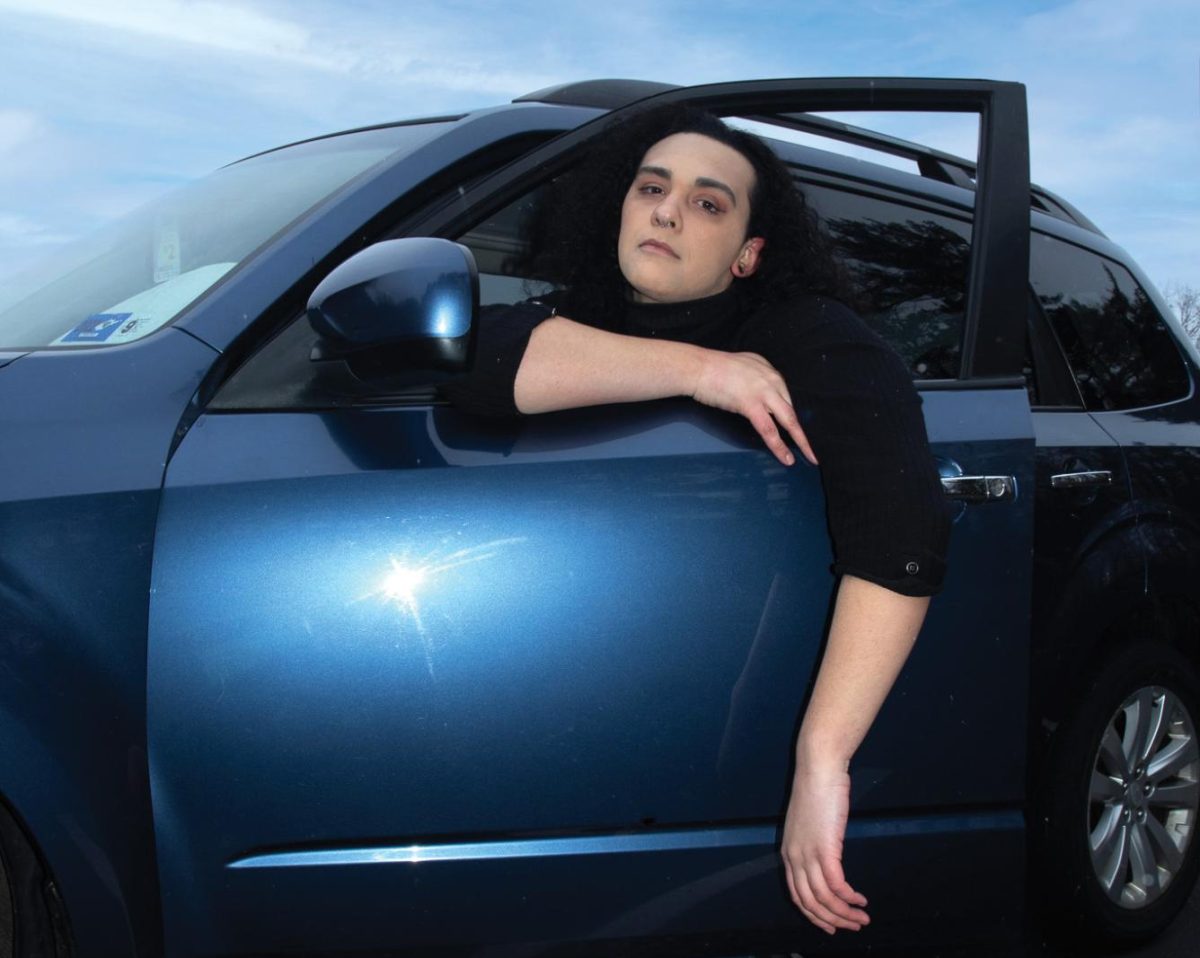Durable, rugged and practical — a Subaru is a trusty companion on the road. But tucked beneath its hood lies a not-so-secret identity; it has become a certified lesbian icon.
With a special place in the hearts (and garages) of lesbian drivers, Subarus are sparking conversations around the intersections of identity, representation and targeted marketing.
“I trust lesbians and lesbians trust Subarus,” said Jillian Wilson, a junior Visual Communication Design major at Kent State.
When purchasing any car, reliability, practicality and aesthetics can be deciding factors. Michelle Eisen, a Print Media and Photography MFA Candidate at Kent State, purchased a Subaru Forester with her partner in 2012 for these reasons.
“We wanted something reliable, spacious and feminine,” said Eisen. “A lot of cars at the time were harsh looking; there were a lot of hard edges and sharp lines. The Forester stood out because of its softness.”
Subarus are not only popular for their looks and practicality – their connection to the lesbian community is strategic and calculated, dating back to the early 90s.
According to NPR, Subaru’s sales were slumping in the 1990s. After a failed attempt to boost sales with the help of an advertising agency, Subaru went back to the drawing board. They conducted focus groups with owners of their vehicles. From this research, they discovered three unique demographic groups, including educators, healthcare workers and IT professionals. A commonality between the groups? Many of the Subaru owners were women who identified themselves as head of household – aka lesbians!
“The needs of the lesbians align with what Subarus can provide,” said Wilson.
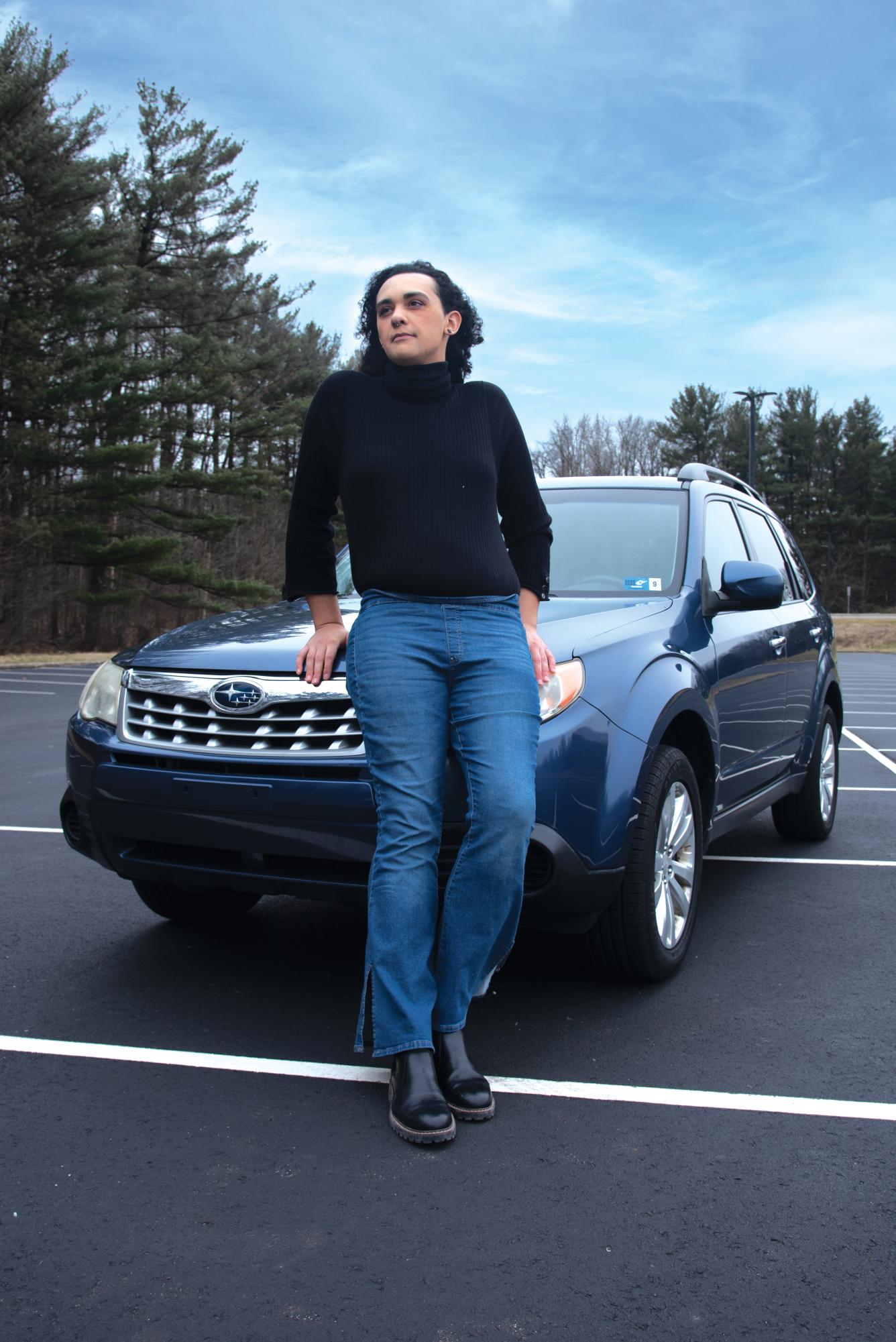
With this newly identified demographic, Subaru took a strategic marketing approach. They hired Mulryan/Nash, a small ad agency based in Manhattan, which specialized in marketing to gay and lesbian consumers. Together, they worked to create advertisements that fit both the image that Subaru had been cultivating for years and the new group of consumers it was trying to target.
The first ad, published in 1995, read, “It loves camping, dogs and long-term commitment. Too bad it’s only a car.”
In the early nineties, this was a bold move. This was the era of “Don’t Ask, Don’t Tell” and the Defense of Marriage Act, which barred same-sex partners from being recognized as spouses. Subaru’s approach was strategic and subtle – they made use of references that were obvious to gay and lesbian consumers but not anybody else.
Eisen recalls finding copies of these 90s Subaru ads, and said “It was really radical for me to see a brand so openly code queer language like that…I still hold those experiences as incredibly formative.”
According to The Atlantic, Subaru soon saw a steady increase in sales as this niche marketing proved to be effective. They continued pushing campaigns aimed at the lesbian community. In 2000, Subaru made a bold move, hiring retired tennis star Martina Navratilova. The company faced backlash for these high-profile campaigns with a lesbian at the forefront, but still pushed ahead. A year later, they had their best sales to date.
Fast forward to today, and it is evident that Subaru’s marketing still resonates strongly within the lesbian community.
Linds Atlas, owner of a 2021 Outback (her third Subaru), has trusted the brand for years. She shares the connection she feels with other lesbian Subaru owners.
“When I see another Subaru with lesbian stickers all over it and see a fellow lesbian driving, I usually wave,” said Atlas. “I love telling people I drive a Subaru. The response is usually ‘of course you do’ from fellow lesbians.”
Eisen also connects with this sentiment, sharing how she embraces the stereotype of Subarus being the “lesbian car.”
“We finally feel acknowledged by marketing, and this sounds kind of weird, but we attach ourselves to that and these products because for once we finally feel visible,” said Eisen. “At this point, Subaru as a ‘lesbian aesthetic’ has had its chance to be dictated by lesbians themselves and I love that! I know I’m most likely going to drive a Subaru for the rest of my life and I can’t say that my relationship with this stereotype hasn’t informed that!”
The undeniable connection between lesbians and Subarus is no coincidence; it is a result of complex interplay between marketing and identity. By embracing the community, Subaru solidified its status as a beloved lesbian icon.

















